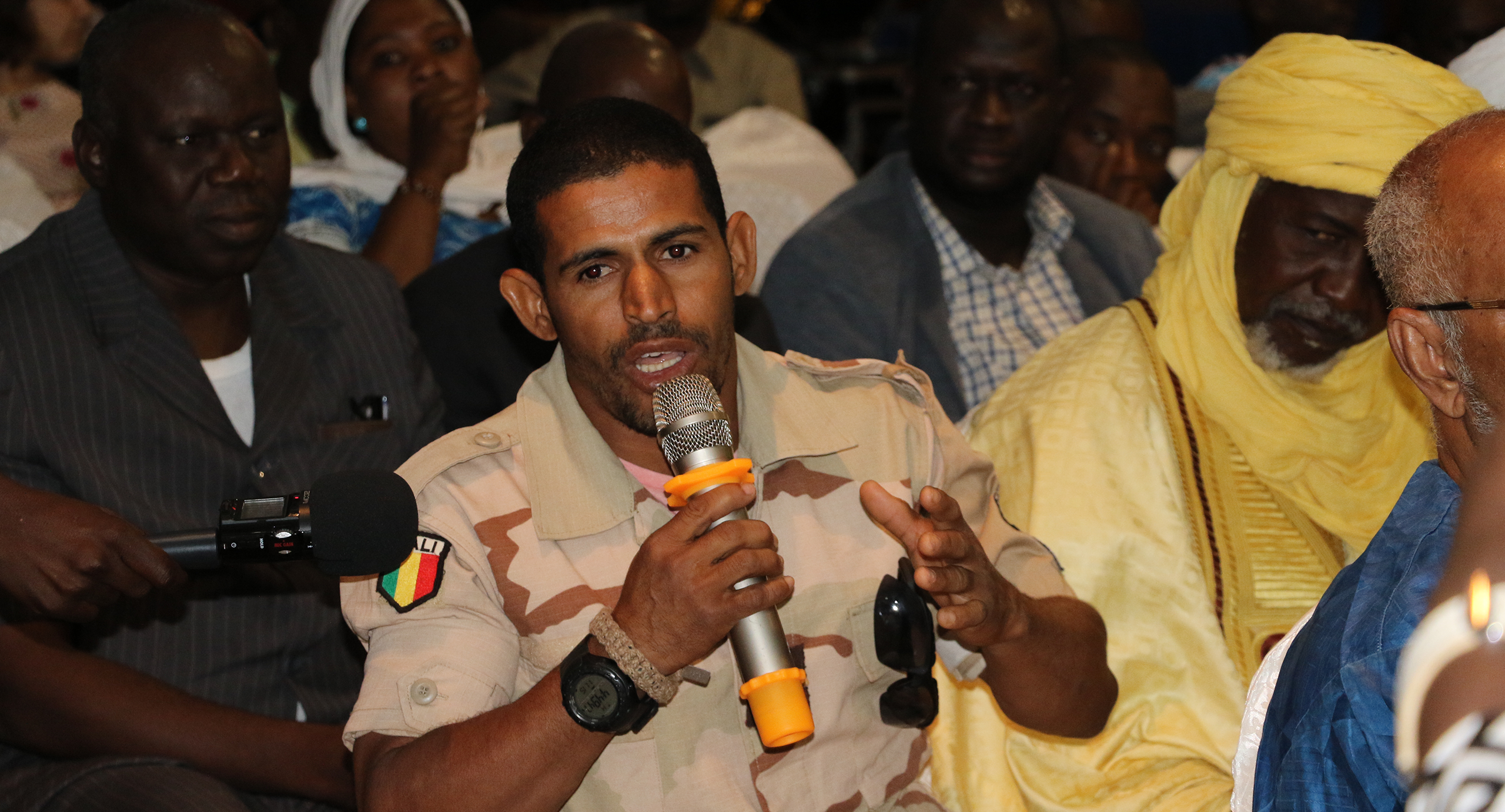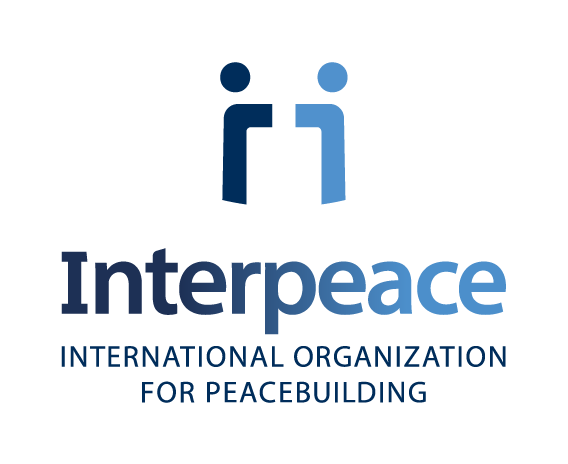Strengthening trust between justice actors and communities in Central Mali














Strengthening trust between justice actors and communities in Central Mali
Access to justice and the legitimacy of the justice sector have been a concern for communities in Mali for decades. In a country in which formal justice mechanisms have always operated alongside traditional systems of justice, that communities trusted more, new types of actor are offering alternatives to both.
Malians require more support and guidance from the judicial system to ensure that their rights are respected, to counter the rise of ideologies promoted by armed groups, and guarantee transparent and fair treatment. To meet these challenges, a holistic response must reach beyond the security framework to include governance, development, and social cohesion, which underpin the public’s relationship to justice.

It is in this context that the Institut Malien de Recherche-Action pour la Paix (IMRAP), with Interpeace support, brought a mix of security and justice actors together with community leaders and community members to analyse the perceptions of Malian citizens. They considered the challenges of access to justice, the causes of impunity, and inclusive and sustainable solutions to these challenges; and discussed the roles of justice actors and communities in fostering trust and social cohesion. These exchanges and workshops have helped the two sides to establish a better understanding and relationship.
Traditionally, chiefs are the first point of contact for citizens when community conflicts and problems arise. However, their role has gradually changed, straining their relationship with the State and fellow citizens.
“We Sanois have seen the importance of this project through its various activities, which have helped us to understand how we can access the different justice actors when disputes happen between people,” said the Chief of a village in the city of San. “Thanks to this project, we now have good collaboration with Court officials. There was an inheritance dispute that put six people from the same family in conflict. This case was passed on to the courts. We told them that we are not judges, we do not decide on matters of inheritance, but we are a local authority that can manage this matter well. After reflection between them, and out of respect for us, as the traditional and religious authorities, the parties agreed to withdraw their complaint to the courts.”

In the same city, the project facilitated a discussion between the Legal Aid Office and citizens, which helped increase public awareness of this pro-bono service. "From when it first started until now, I think this project has been of capital importance, precisely because it made the existence of the Legal Aid Office known to the Courts, made clear our role and mission, through dialogue panels between litigants and judicial officials, and awareness raising through the radio round tables,” said a Legal Aid Officer in San.
“As a result of these awareness raising activities, many litigants now come to us, [want us] to listen to them, provide orientation and accompaniment during hearings, and this was possible thanks to this project. We have accompanied many litigants in their proceedings,” he added. “The project gave us the idea to create a committee of several justice actors to raise awareness of procedures, the roles of different judicial officials, and the dangers that communities may face in their districts. We would like to bring these awareness raising activities and talks to village level, to talk more broadly about the role of justice actors.”














